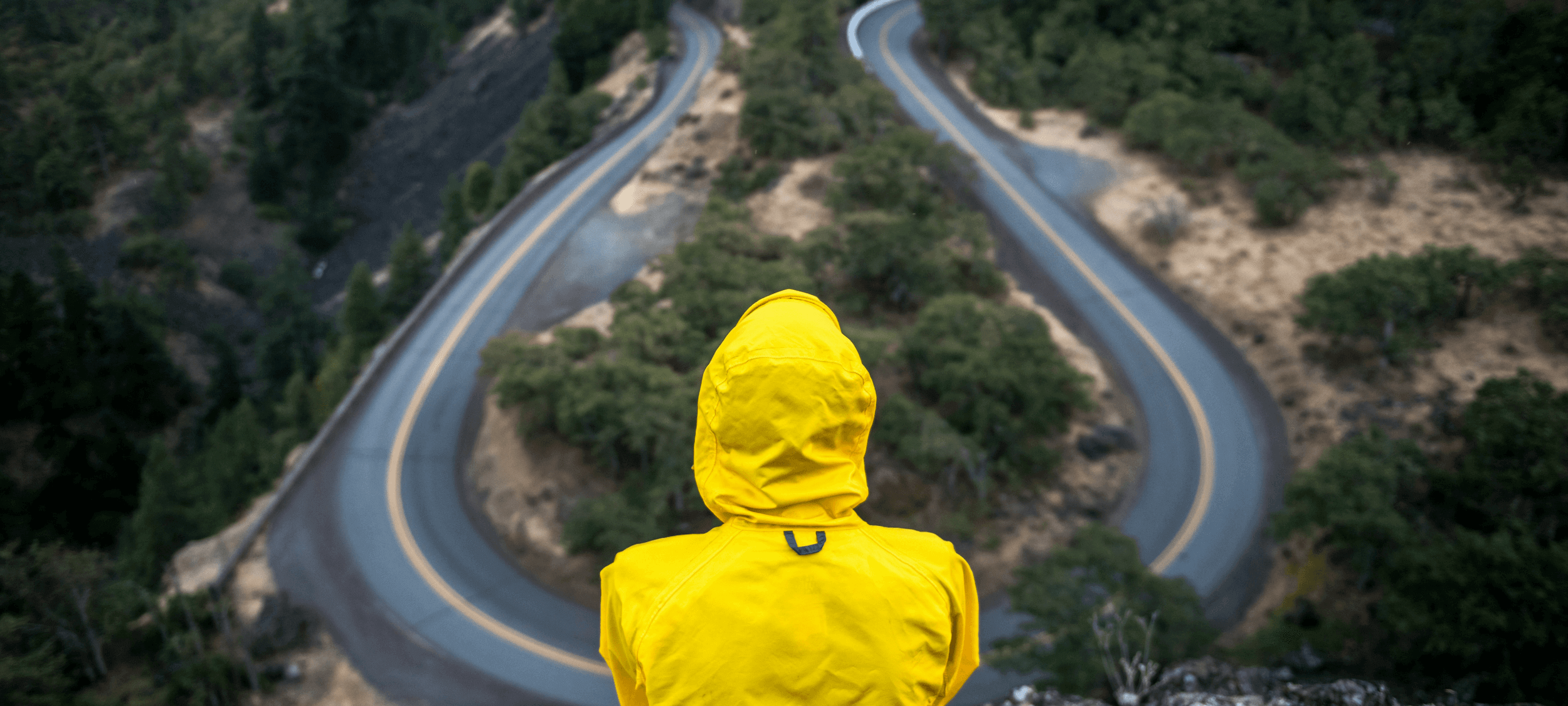
Ethics Explainer: Power
ExplainerBusiness + LeadershipPolitics + Human RightsRelationships
BY The Ethics Centre 11 MAR 2022
“If a white man wants to lynch me, that’s his problem. If he’s got the power to lynch me, that’s my problem. It’s not a question of attitude; it’s a question of power.” – Stokely Carmichael
A central concern of justice is who has power and how they should be allowed to use it. A central concern of the rest of us is how people with power in fact do use it. Both questions have animated ethicists and activists for hundreds of years, and their insights may help us as we try to create a just society.
A classic formulation is given by the eminent sociologist Max Weber, for whom power is “the probability that one actor within a social relationship will be in a position to carry out his own will despite resistance”. Michel Foucault, one of the century’s most prominent theorists of power, seems to echo this view: “if we speak of the structures or the mechanisms of power, it is only insofar as we suppose that certain persons exercise power over others”.
A rival view holds that instead of being a relation, power is a resource: like water, food, or money, power is a resource that a particular person or institution can accrue and it can therefore be justly or unjustly distributed. This view has been especially popular among feminist theorists who have used economic models of resource distribution to talk about gendered inequalities in social resources, including and especially power.
Susan Moller Okin is one prominent voice in this tradition:
“When we look seriously at the distribution of such critical social goods as power, self-esteem, opportunities for self-development … we find socially constructed inequalities between them, right down the list”.
What’s the difference between these two views? Why care? One answer is that our efforts to make power more just in society will depend on what kind of thing it is: if it’s a resource, such that problems of unfair power are problems of unequal distribution, we might be able to improve things by removing some power from some people – that way, they would no longer have more than others. This strategy would be less likely to work if power was a relation.
In addition to working out what power is, there are important moral questions about when it can be ethically used. This is a pressing question: As long as we live in societies, under democratic governments, or in states that use police forces and militaries to secure our goals, there will be at least one form of power to which everyone is subject: the power of the state.
The state is one of the only legitimate bearers of the power to use violence. If anyone else uses a weapon or a threat of imprisonment to secure their goals, we think they’re behaving illegitimately, but when the state does these things, we think it is – or can be – legitimate.
Since Plato, democracies have agreed that we need to allow and centralise some coercive power if we are to enforce our laws. Given the state’s unique power to use violence, it’s especially important that that power be just and fair. However, it’s challenging to spell what fair power is inside a democracy or how to design a system that will trend towards exemplifying it.
As Douglas Adams once wrote:
“The major problem with governing people – one of the major problems, for there are many – is that no-one capable of getting themselves elected should on any account be allowed to do the job”.
One recurring question for ‘fairness’ in political power is whether the people governed by the relevant political authority have a to obey that authority. When a state has the power to set laws and enforce them, for instance, does this issue a correlate duty for citizens to obey those laws? The state has duties to its people because it has so much power; but do people have reciprocal duties to their state, also rooted in its power?
Transposing this question into our personal lives, it’s sometimes thought that each of us has a kind of moral power to extract behaviour from others. If you don’t keep your promise, I can blame or sanction you into doing what you said you would. In other words, I can exercise my moral power to make claims of you. Does this sort of power work in the same way as political power? Is it possible for me to abuse my moral power over you; using it in ways that are unjust or unfair – and might you have a duty to obey that moral power?
Finally, we can ask valuable questions about what it is to be powerless. It’s certainly a site of complaint: many of us protest or object when we feel powerless. But how should we best understand it? Is powerlessness about actually being interfered with by others, or simply being susceptible to it, or vulnerable to it? For prominent philosopher Philip Pettit (AC), it’s the latter – to be “unfree” is to be vulnerable or susceptible to the other people’s whims, irrespective of whether they actually use their power against us.
If we want a more ethically ordered society, it’s important to understand how power works – and what goes wrong when it doesn’t.
Join us for the Ethics of Power on Thurs 14 March, 2024 at 6:30pm. Tickets available here.
Ethics in your inbox.
Get the latest inspiration, intelligence, events & more.
By signing up you agree to our privacy policy
You might be interested in…
Opinion + Analysis
Business + Leadership
Sell out, burn out. Decisions that won’t let you sleep at night
Opinion + Analysis
Business + Leadership
John Elkington on business sustainability and ethics
Opinion + Analysis
Relationships, Society + Culture
In Review: The Festival of Dangerous Ideas 2018
Opinion + Analysis
Relationships




